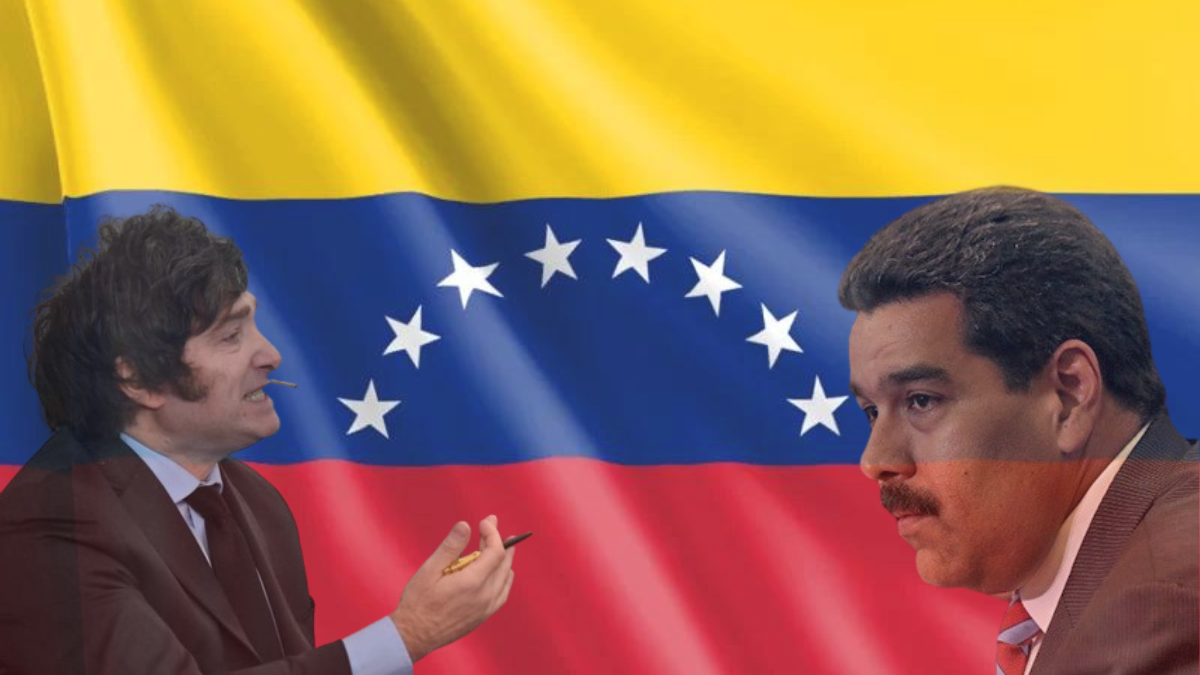Venezuela plunged into political turmoil following Nicolás Maduros self-proclamation as the winner of Sundays presidential election.
The outcome, met with fierce opposition accusations of irregularities and a global call for transparency, has ignited further unrest in a nation already grappling with deep economic and social divisions.
Maduro, who secured a controversial second term according to figures released by Venezuelas National Electoral Council (CNE), asserted the legitimacy of the vote and dismissed international concerns.
The system electoral has an extremely high level of fidelity, Maduro declared, emphasizing his claim to represent the will of the Venezuelan people.
He further criticized external interference, stating that Venezuela never meddles in the affairs of other countries.
However, Edmundo González Urrutia, the opposition candidate backed by a coalition led by María Corina Machado and Julio Borges, vehemently denounced the electoral process, alleging widespread irregularities in data handling.
The results are undeniable, González Urrutia stated on social media prior to the official announcement.
The country chose peace.
Adding fuel to the fire, Maduro launched a scathing personal attack against Argentine presidential hopeful Javier Milei, labeling him a monster and a Nazi-fascist for his criticism of Maduros regime.
International scrutiny heightened as several Latin American nations, including Argentina, Costa Rica, Ecuador, Paraguay, Peru and Chile, urged Maduro to accept the results and ensure a transparent count.
The CNE reported an 80% tabulation of votes with Maduro securing 51.20% against González Urrutias 44%.
However, the body acknowledged delays in releasing data due to an alleged cyberattack on their system.
Meanwhile, violent incidents erupted across Venezuela following the announcement.Pro-government supporters allegedly harassed opposition voters and intimidated polling stations.
In stark contrast, opposition figures urged their representatives to remain vigilant at polling stations until receiving official electoral documents.
Adding to the tension, Venezuelan citizens in Buenos Aires clashed with police outside the Venezuelan embassy after the results were announced.
Protesters accused Maduro of rigging the election, chanting slogans of fraud while demanding the recognition of González Urrutias victory.
The incident highlights the deep divisions within the Venezuelan diaspora and the widespread discontent surrounding the electoral process.
The situation in Venezuela remains volatile, with both sides digging in their heels.As international pressure mounts on Maduro to address the allegations of fraud and ensure a peaceful transition, the future of democracy in the country hangs precariously in the balance.
